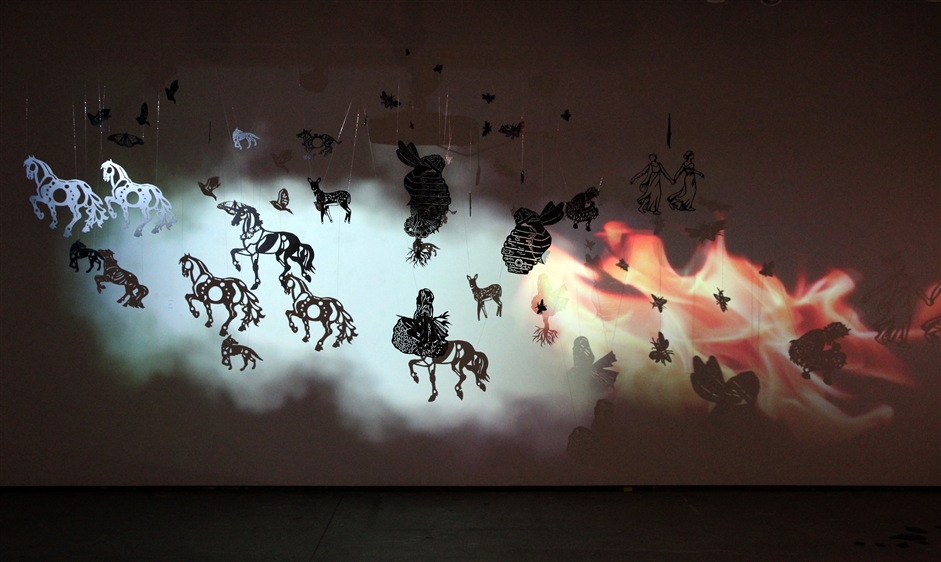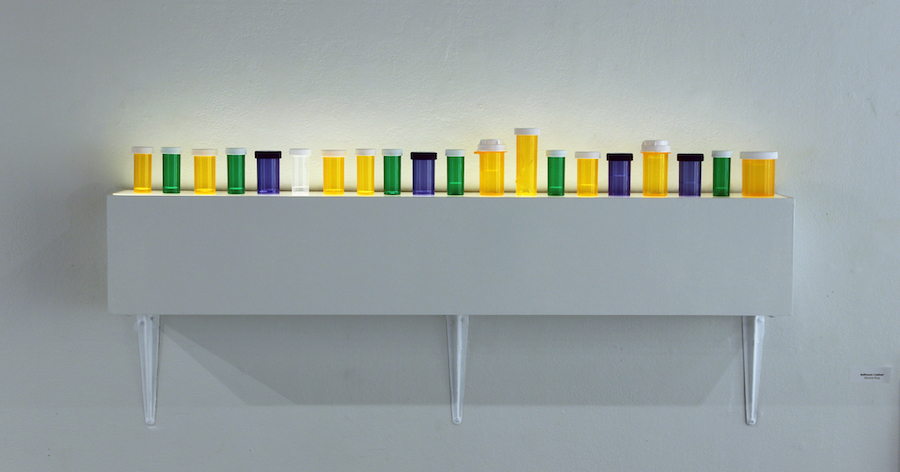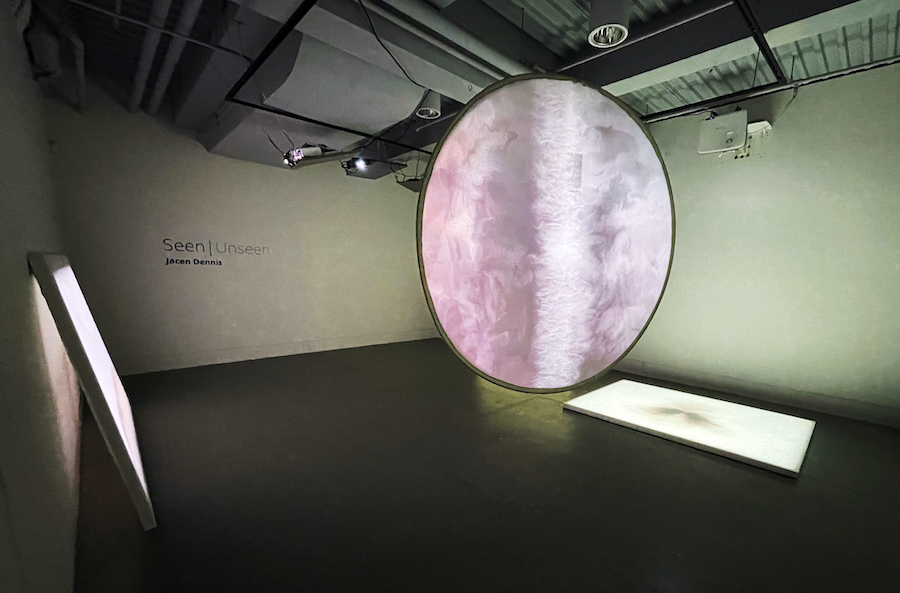Nasim Pirhadi: Say Her Name #…
Nasim Pirhadi is a current MFA candidate at The University of British Columbia Okanagan Campus.
SAY HER NAME
Using pine needles, I built a wall to embody the restrictions the Islamic Republic imposed upon Iranian people.
A wall between Women and Men
A wall between Iran and the free world
A wall between the dispossessed and the privileged
Many people died to cross the wall
Many are in prison because they think there shouldn’t be a wall
Many people inside Iran are trying to connect to the free world by destroying the wall
Many are risking their lives by choosing to live as though there is no wall.
Many Iranian citizens outside of Iran cannot return home because of the wall
Many religious and sexual minorities cannot live safely inside the wall
In the video, I am repeatedly smearing my face with and then cleaning it of basil seeds as traditional drum music plays in the background. This music is normally played in zoorkhanehs, traditional gyms that only men are allowed to enter and participate in, and whose name translates to House of Strength. There is an old belief that women are not purified enough to enter these sacred places, and that the inherent corruption of womanhood makes them undeserving of titles like ‘hero’ or ‘champion’. Through the repetitive act of cleaning my face of basil seeds, positioned here to represent Irian womanhood, I am asking: is it enough now? Am I purified enough? Am I eligible now?
In Farsi, the word for basil is ‘Reyhan’, which is also a common female name, so, basil seeds and the gelatinous mass they create upon contact with water are embodying female kinship networks. The way that basil seeds swell twice their size and bond together upon coming into contact with water is representative of the misogynistic fears surrounding the contagious nature of women’s drive for freedom – if one woman is fighting for it, she might ‘infect’ other women around her with the same ideas.
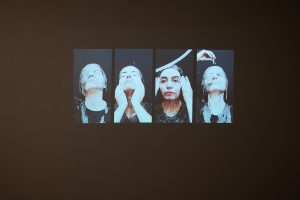
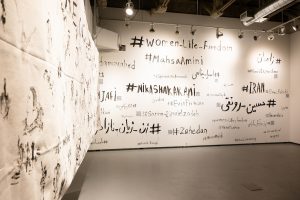
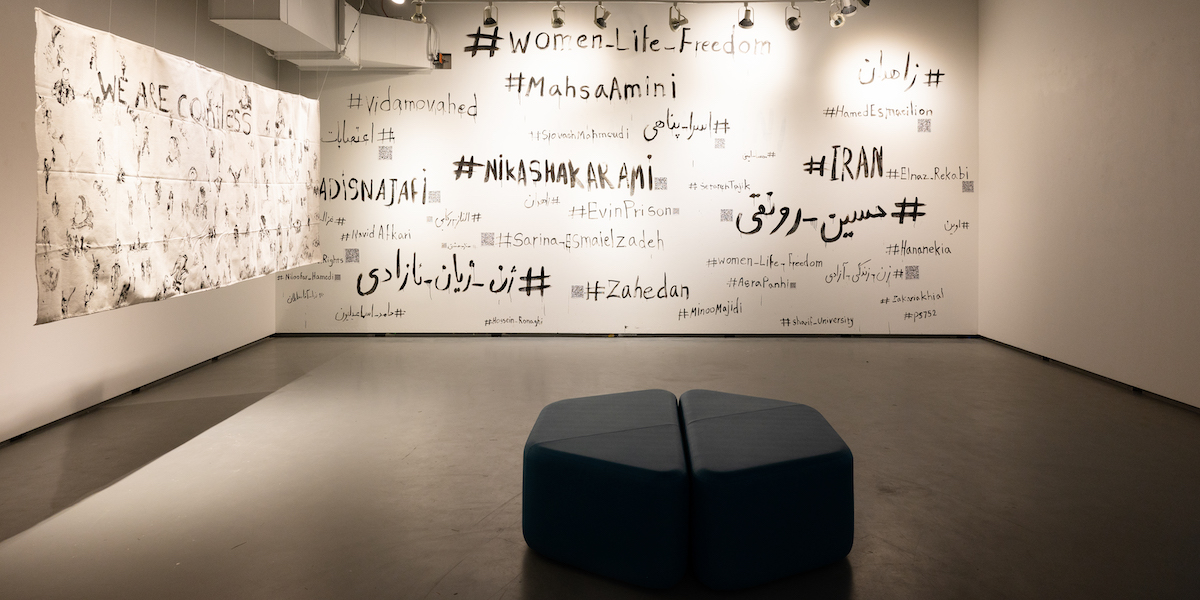
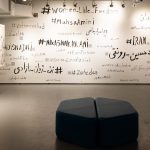
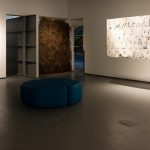
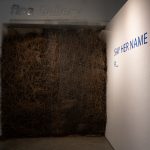
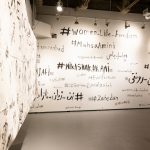

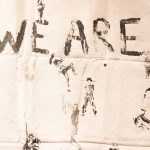
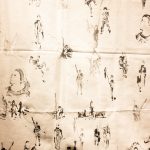
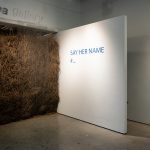


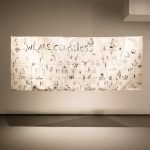
 Follow
Follow
